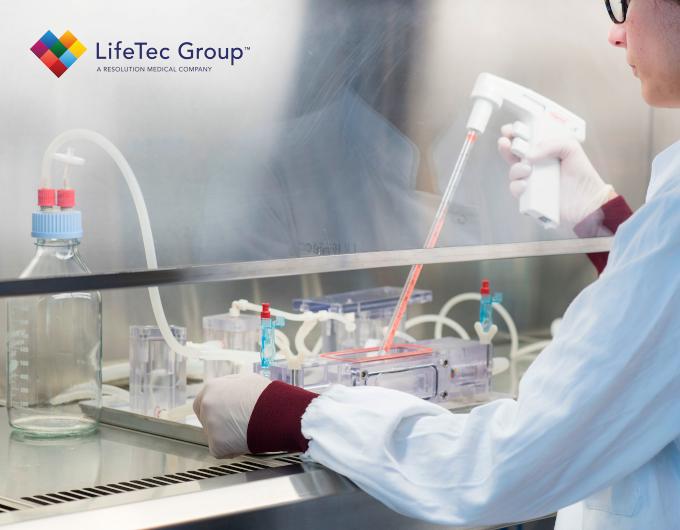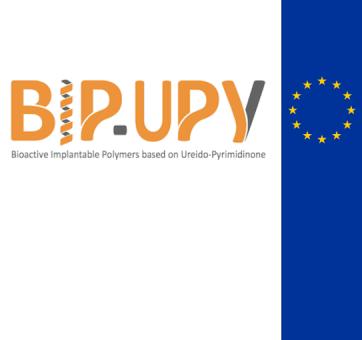The quest
Within the large FP7 project 'BIP-UPy' bioactive implants have been developed that aim at improving quality of life of people suffering from intracranial aneurysms and women with pelvic organ prolapse and stress urinary incontinence. The improved functionality and optimized compatibility with the body of these new implants will lead to improved patient outcome, reducing hospitalization time and other treatment-related risks.
Two bioactive medical implants are targeted within BIP-UPy: bio-degradable meshes with improved in-situ tissue regeneration in pelvic floor repair and endovascular embolic implants with a reduced aneurysm recurrence risk.
LifeTec Group was invited to develop in-vitro/ex-vivo model systems to:
a) assess the newly developed endovascular implants under physiological loading conditions during long-term ex vivo culture and
b) assess the effect of mechanical loading conditions on the established urology implants to simulate mechanically induced responses and study cell differentiation.
LifeTec Group | VABIO Platform

What was done
LifeTec Group has developed an ex vivo vascular culture platform (VABIO Platform) that allows for long-term sterile ex vivo culture of blood vessels. We induced an aneurysmal structure in the platform which is used to assess the performance of the endovascular implants that are developed within the consortium.
Second, an in vitro test platform has been developed that enables the consortium partners to mechanically load the newly developed synthetic meshes for pelvic floor reconstruction, with or without cells, in a sterile setup over a period of months.
Testimonials
This work has been partially financed by the European Commission within FP7 project ‘BIP-UPy’ NMP-2012-LARGE-6 310389.
- COLOFON
BIP-UPy

